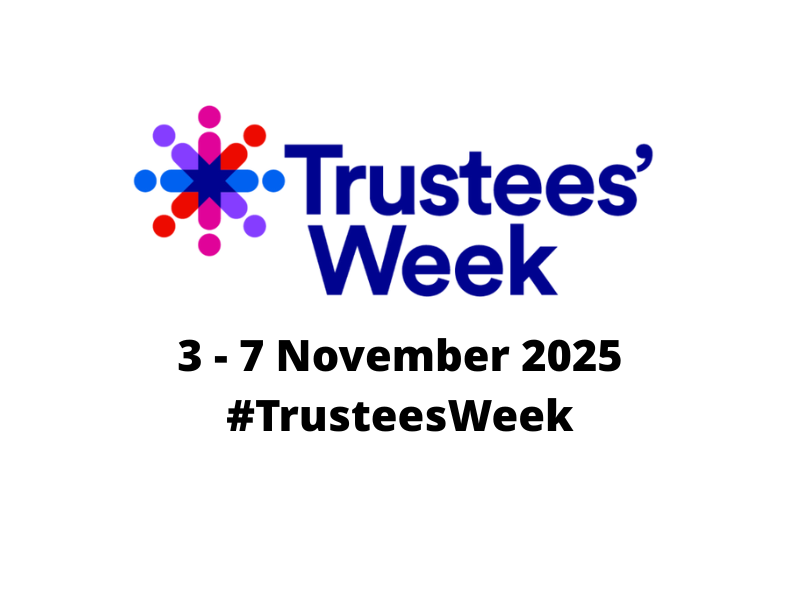Central Government is reforming the local government funding system to get councils back on stable footing, improve the lives for people across the country and deliver essential funding for better public services, delivering on the Plan for Change.
Working hand-in-hand with the sector, the Government claims that proposals will create a fairer system that reflects areas’ changing needs, differing delivery costs and the level of demand on front-line services that people rely on such as social care.
Are the Changes Fair for All?
However, not all local authorities will benefit from this overhaul – and some, including Herefordshire Council, face a significant cut to their budget in the next financial year.
Independent modelling based on the new Fair Funding Review points to a potential funding gap in 2026/27 of around £27.3 million, 11% of the council’s net budget. This will see Herefordshire’s share of national funding dropping below the average for unitary councils in England.
Despite sound financial management and controls around expenditure, the council will need to take decisive action to balance the budget in order to stay on track to deliver on its ambitious plans for Herefordshire.
The permanent loss of the £7 million Rural Services Delivery Grant severely exacerbates these pressures, removing a vital funding stream that supported the higher costs of delivering services across Herefordshire’s dispersed rural communities. Without this grant and with no replacement funding, the council faces an even steeper challenge to balance its budget.
What next for Adult Social Care?
As a provider of adult social care in a largely rural county, SIL’s CEO Euan McPherson, is only too aware of the impact these cuts could have on service provision, affecting not only business like SIL, but more importantly the service users who rely on funded care.
Euan said: “I am very concerned about the funding pressure on Herefordshire Council. Providing social care services in a rural area is significantly more expensive due to travel time, and the ability to recruit staff is more difficult due to having smaller population centres.
“Meeting the increasing costs of employment, resulting from the uplift in employers NI and the National Living Wage, will require increases in the rates that the Local Authority pays providers. If they are not being funded centrally, the Council’s only options are to increase Council Tax or reduce the numbers of people who can access support.
“Social Care is currently facing a recruitment crisis and this pressure on funding means that wages will stagnate at best and could lead to further recruitment pressures.”
Will the Chancellor Help?
The best the sector can hope for now is that in the Autumn budget the Chancellor puts forward measures to secure the future of businesses within the care sector and ensure support for vulnerable people in the years ahead.
The care sector can no longer rely on funding from the local authority to support organisations fully with this work, simply because they will be experiencing extreme financial pressures themselves.



